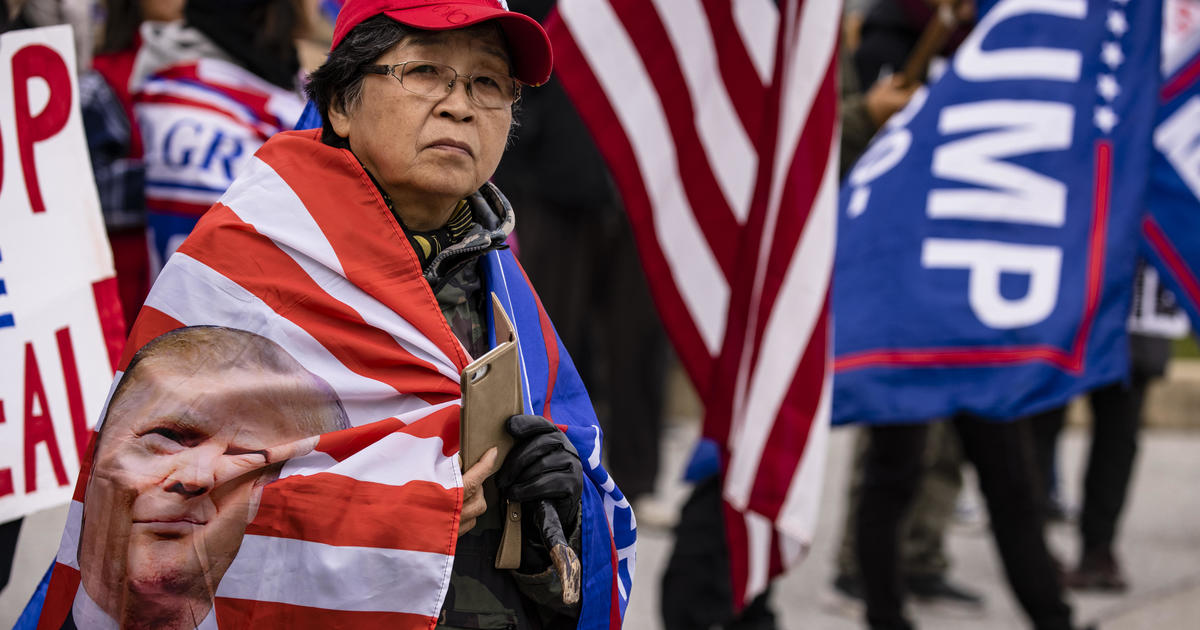The Pennsylvania Supreme Court on Saturday dismissed a lawsuit brought by Republicans that sought to invalidate all no-excuse mail ballots in the state. The state Supreme Court said the dismissal was based on the “Petitioners’ failure to file their facial constitutional challenge in a timely manner.”
The decision lifts a stay that had been put in place earlier this week, which prevented the Commonwealth from certifying a number of races from the November 3 election. The presidential race had already been certified when the stay went into effect.
The plaintiffs, which included state Congressman Mike Kelly and Republican candidate Sean Parnell, had tried to argue that a 2019 law, Article 77, that allowed no-excuse mail voting is unconstitutional.
But in a concurring opinion, Justice David Wecht wrote that the “Petitioners could have brought this action at any time between October 31, 2019, when Governor Wolf signed Act 77 into law, and April 28, 2020, when this Court still retained exclusive jurisdiction over constitutional challenges to it.”
Pennsylvania Attorney General Josh Shapiro called the ruling “another win for democracy.”
“The PA Supreme Court has dismissed the suit that was attempting to throw out the votes of 2.5 million Pennsylvanians and halt certification,” Shapiro tweeted.
The Trump campaign has tried to mount several legal challenges in Pennsylvania that have been consistently rejected by the courts. Earlier this week, the Third Circuit Court of Appeals denied an appeal from the Trump campaign that had alleged the secretary of state and some counties restricted poll watchers and unfairly allowed voters to fix technical issues with their mail-in ballots. That lawsuit had been thrown out by a federal judge last week.
U.S. District Judge Matthew Brann wrote in a scathing order that the plaintiffs employed “strained legal arguments without merit and speculative accusations, unpled in the operative complaint and unsupported by evidence. In the United States of America, this cannot justify the disenfranchisement of a single voter, let alone all the voters of its sixth most populated state.”
Zak Hudak contributed reporting.
